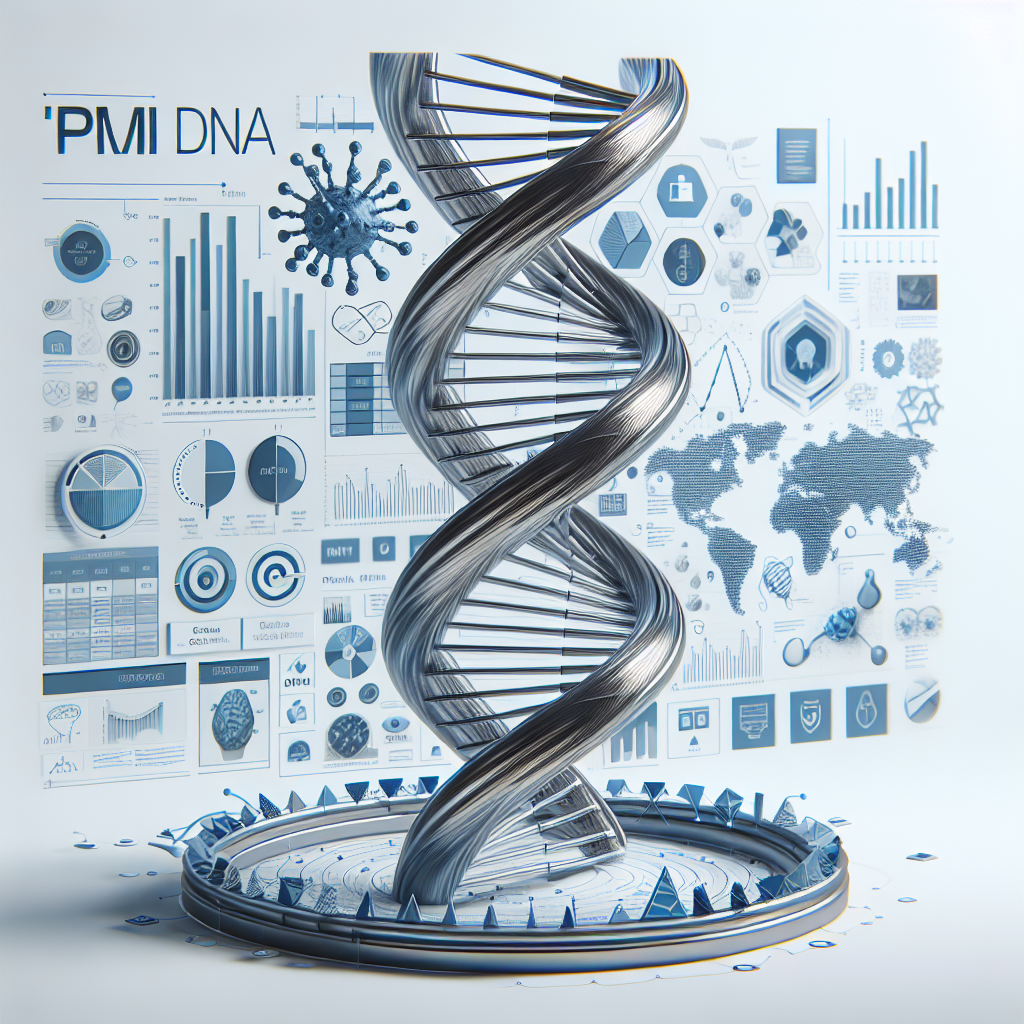Ancient Viral DNA: Key Player in Embryo Development
A study has discovered that DNA from ancient viruses, part of the human genome, may influence early embryo development. Researchers found these viral remnants, once deemed useless, are reactivated post-fertilization, potentially impacting cell differentiation. This insight opens avenues for understanding cellular plasticity and advancing health research.

- Country:
- India
According to a recent study, DNA from ancient viruses embedded in the human genome can play an influential role in an embryo's early development. The research highlights that these long-dormant viral sequences, once considered genomic fossils, become reactivated just after fertilization.
The study, led by scientists in Germany, examined embryonic development across various mammalian species. It revealed that transposable elements, remnants of past viral infections, are not extinct but rather a defining feature during the initial phases of life.
Published in the journal Cell, the findings underscore the impact of these ancient genetic sequences in cells' ability to differentiate into various body types. This revelation advances understanding of cellular plasticity in embryos, with significant implications for health and disease research.
(With inputs from agencies.)










